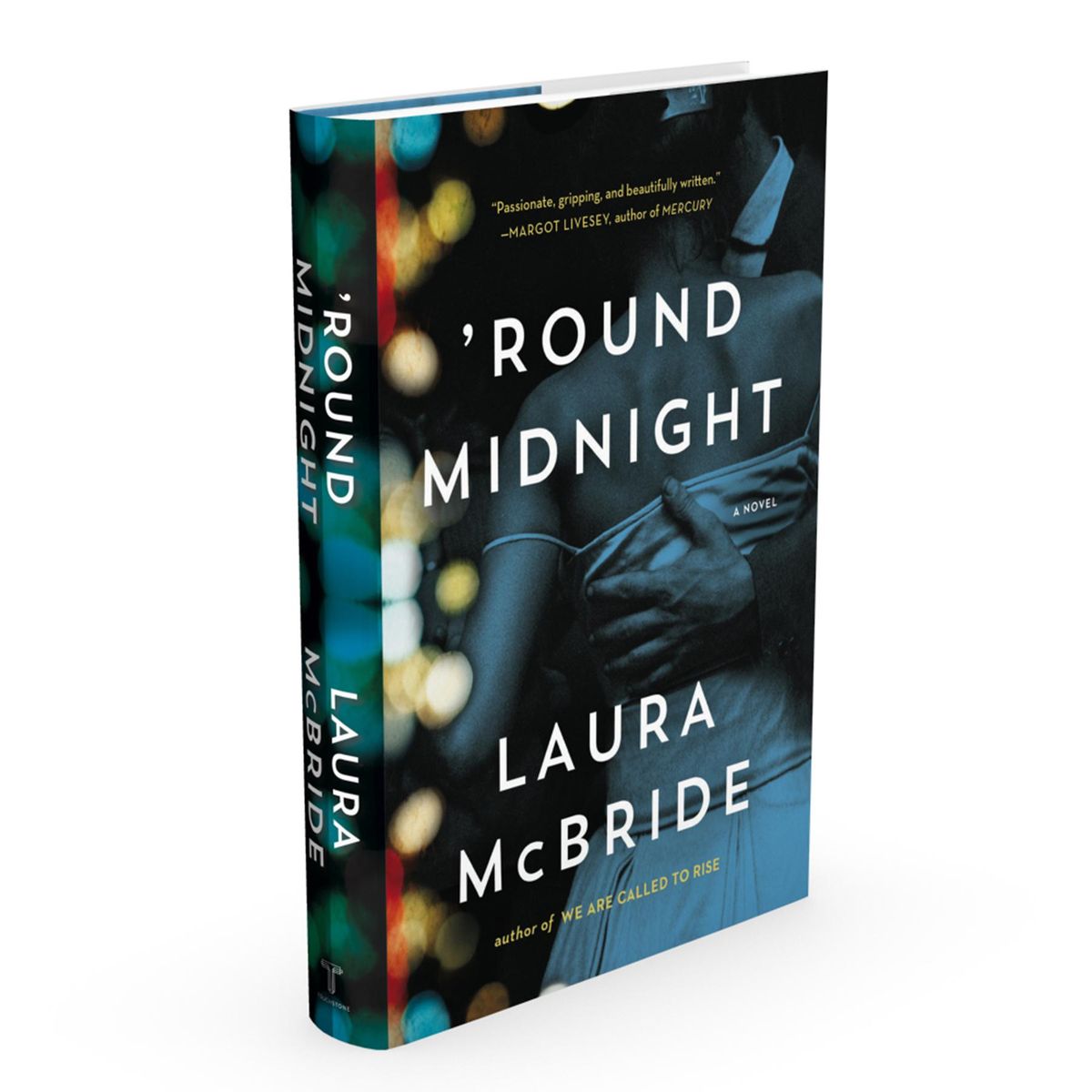From counting worms at White Elephant to writing, Laura McBride discovered hard work pays offs

In Laura McBride’s second novel, “ ’Round Midnight,” the action revolves around the El Capitan, a Las Vegas casino. From there, readers are introduced to four women, all connected to the El Capitan regardless of era, ethnicity or status.
As Publisher’s Weekly noted in its review, “Las Vegas itself is a character in this immersive novel that effectively exhibits the changes to the city throughout the decades. This is a tale of love, loss, and the unexpected, unheralded ways that lives meet around blackjack and roulette tables.”
McBride, who was raised in Spokane, teaches at the College of Southern Nevada in Las Vegas. She’s returning to her former stomping grounds to mark the release of “ ’Round Midnight,” released last week from Touchstone, with a reading at Auntie’s. In an email interview, McBride talked about her memorable teenage job, teaching, and finding inspiration for her story.
I learned to work hard, and to work a lot of hours, and I learned the power of delayed gratification. I never took a day off in all those summers and school breaks in which they allowed me to work. We were paid time and a half for 17 overtime hours a week if we worked six days a week, and while that meant I didn’t go to the lake with my friends or on vacation with my family, it also meant I could pay my fair share of college expenses.
I was so lucky to have such a wonderful job in years when that money made it possible for me to go away to school. I was around a lot of other people who worked that hard every week of the year, and who were proud of what that hard work meant for their families too. And of course, I also learned the importance of workplace camaraderie.
One of my summer jobs was counting the tens of thousands of worms that were brought to us early each morning. After the initial recoil, it was very peaceful; the zen of worm counting.
They aren’t women I know, and their situations are not comparable to those of anyone I know, but they are women I have deeply imagined. I could write about any one of them in a different place, a different time, even a different era. Their inner lives are real to me.
June Stein popped into my head when I was listening to a doo-wop act in an old Vegas nightclub. I had been thinking about Honorata, and how she might someday fit into a story, for 25 years. I wrote part of a different novel built around Engracia, and Coral evolved as I wrote this story. I didn’t know Coral would be in the book at the start; she exists because I set June Stein in motion.
I was never writing a novel about four women, and I certainly wasn’t writing a novel that was a Gap ad for diversity. I’m not conceptual in that way. Instead, I work from character: I set down a fully imagined person in a particular place and time, and let her life unfold.
It was a very rich experience to write about such different women, with such different pasts and such different ways of being in the world. I spent a lot of time steeping myself in the Vegas of the 1950s, in the Cordillera mountain region of the Philippines, in a rural village in Zacatecas, Mexico. I needed to do that so that I could imagine the sounds and smells and sensations of these places; I can’t work until I can hear a bird, smell the air, distinguish the particular color of the light in a place. This is just how my imagination operates.
Spokane is also a wonderful town for authors. So many terrific writers are connected to Spokane. I’m jealous of the many that claim Spokane more legitimately than I do, because I feel very connected to my roots here.